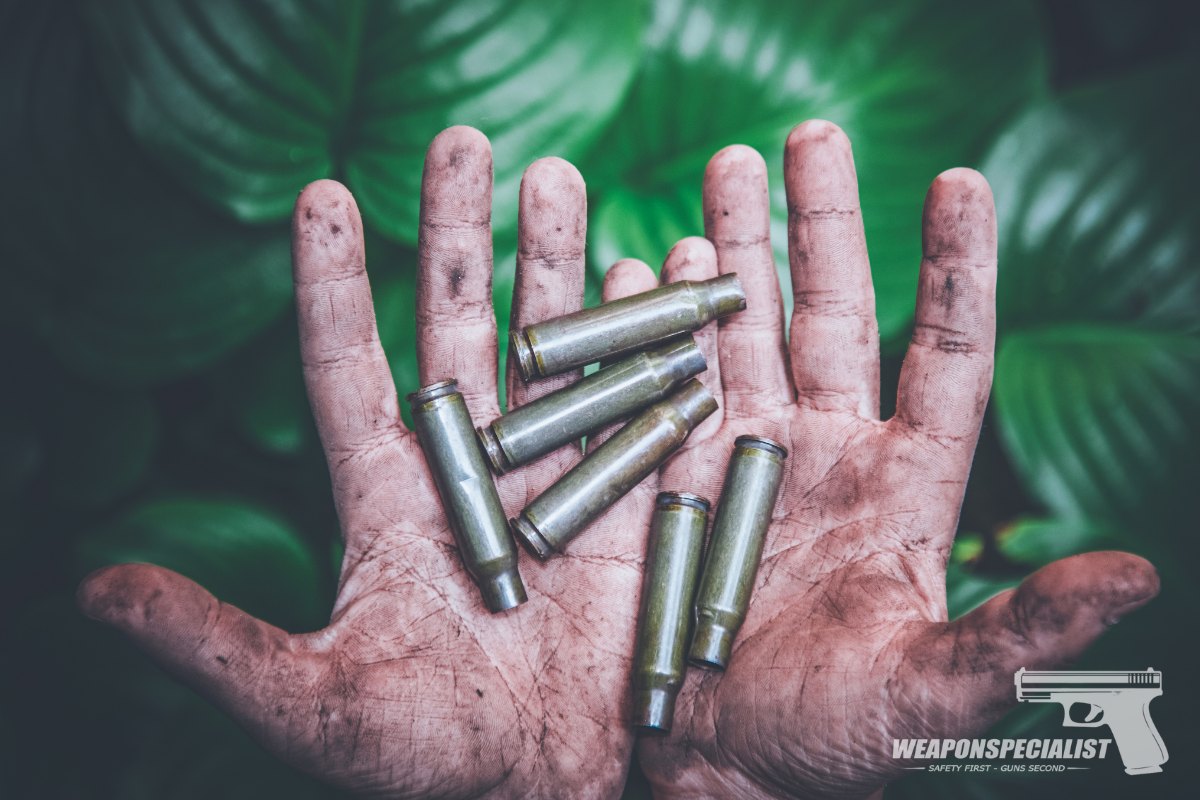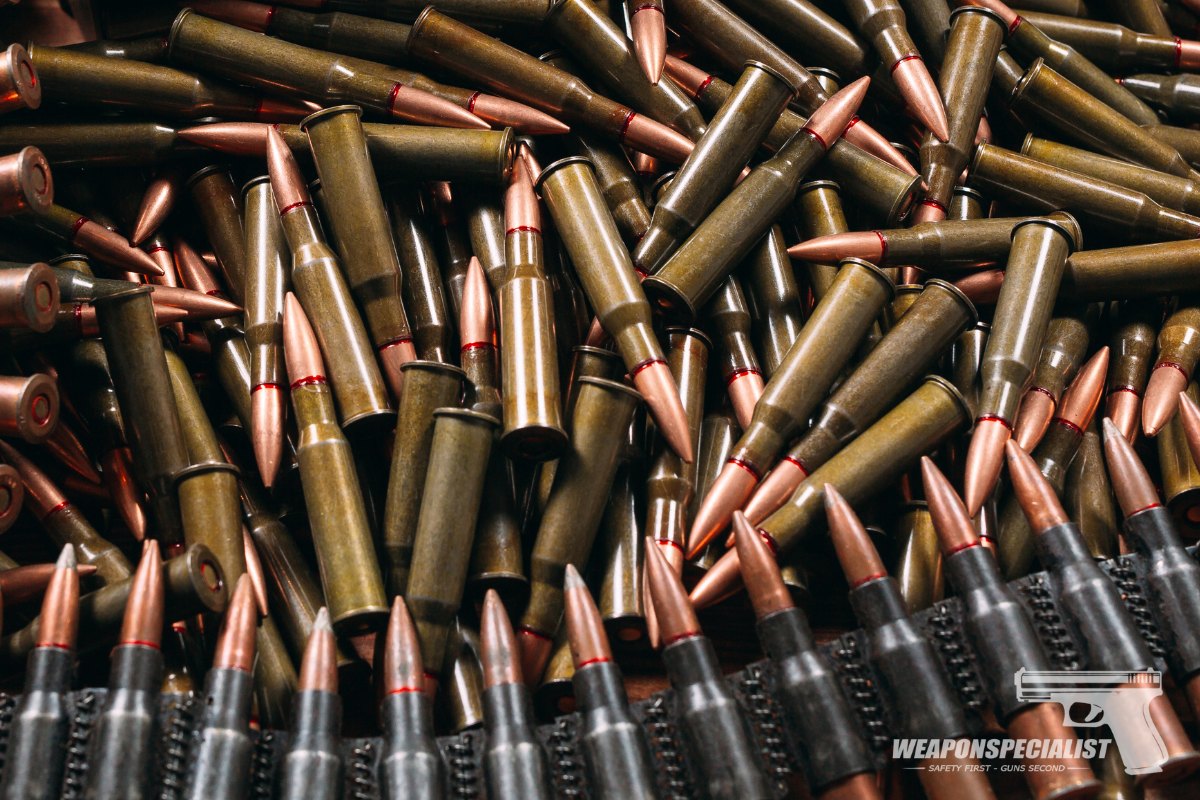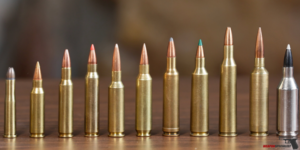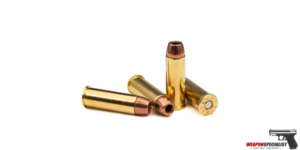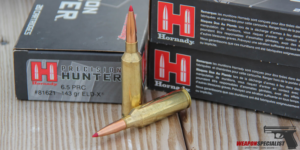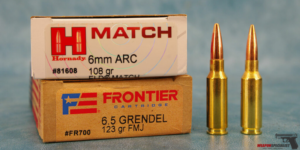When it comes to ammunition, there’s more to it than meets the eye. As a firearms enthusiast, I’ve often found myself pondering over the choice between aluminum vs brass ammo.
These two materials have their own unique qualities, and the decision between them can impact your shooting experience.
In this comprehensive guide, I’ll break down the differences between aluminum and brass ammo, helping you make an informed choice.
So, let’s dive into the world of bullets and explore the intriguing battle of aluminum vs. brass casing.
What is Ammunition?
Ammunition, often referred to as “ammo,” is the vital component that makes your firearm functional. It consists of a casing, primer, powder, and projectile (the bullet). The type of casing material, in this case, aluminum or brass, plays a significant role in how the ammunition performs.
The Pros and Cons of Aluminum Ammo
Now that we have a fundamental understanding of ammunition, let’s focus on aluminum ammo.
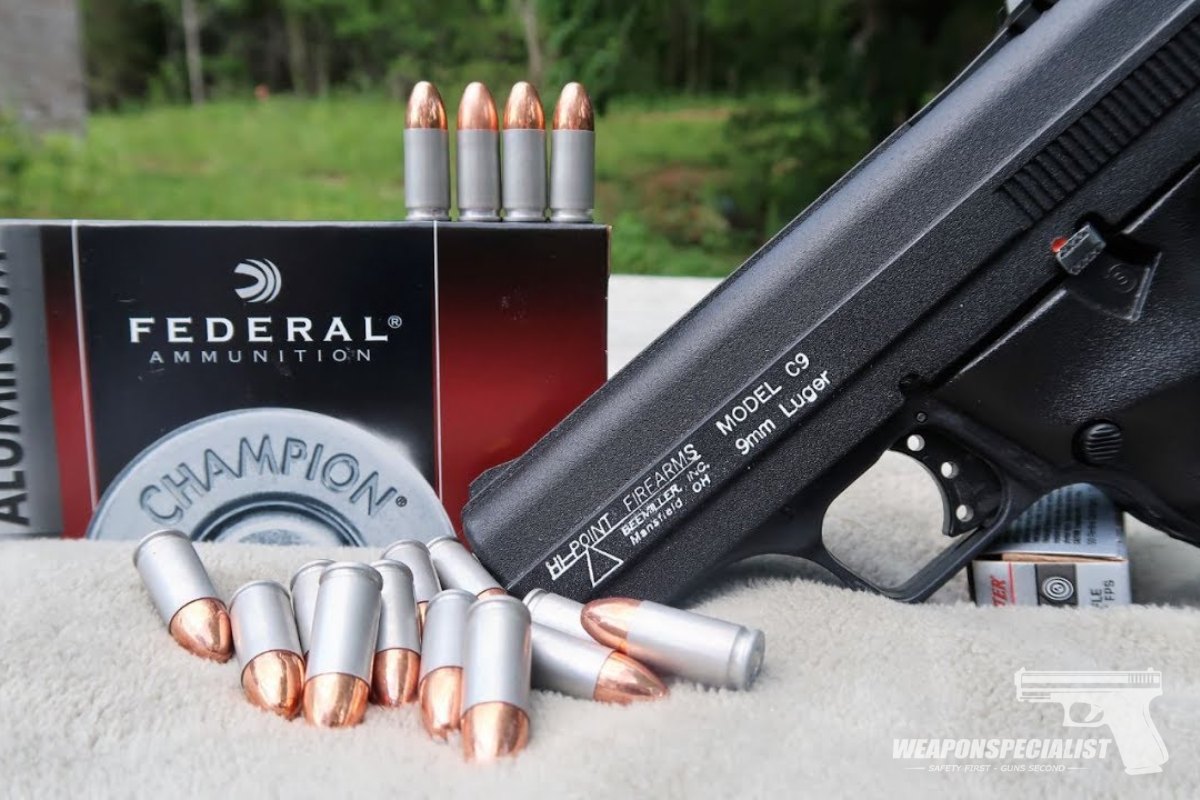
#1 Lightweight Marvels
One of the most prominent advantages of aluminum ammo is its lightweight nature. Aluminum casings are much lighter than their brass counterparts. This can be a game-changer for those who need to carry a substantial amount of ammunition for extended periods, such as competitive shooters or hunters covering vast terrains.
#2 Cost-Effective Choice
Budget-conscious shooters will appreciate that aluminum ammo tends to be more affordable than brass ammo. This makes it an attractive option for those who like to spend more time at the range without burning a hole in their wallets.
#3 Environmental Friendliness
Aluminum is a highly recyclable material, which aligns with the principles of environmentally conscious shooters. Choosing aluminum ammo can contribute to reducing your environmental footprint, as recycling aluminum is more energy-efficient than producing new brass casings.
#4 Durability Concerns
While aluminum casings have their merits, they are not as durable as brass casings. They may be more susceptible to damage during the extraction and ejection processes in semi-automatic firearms. If you’re using a bolt-action rifle or a revolver, this concern is less relevant.
The Pros and Cons of Brass Ammo
Now, let’s shift our focus to brass ammo, the tried-and-true classic.
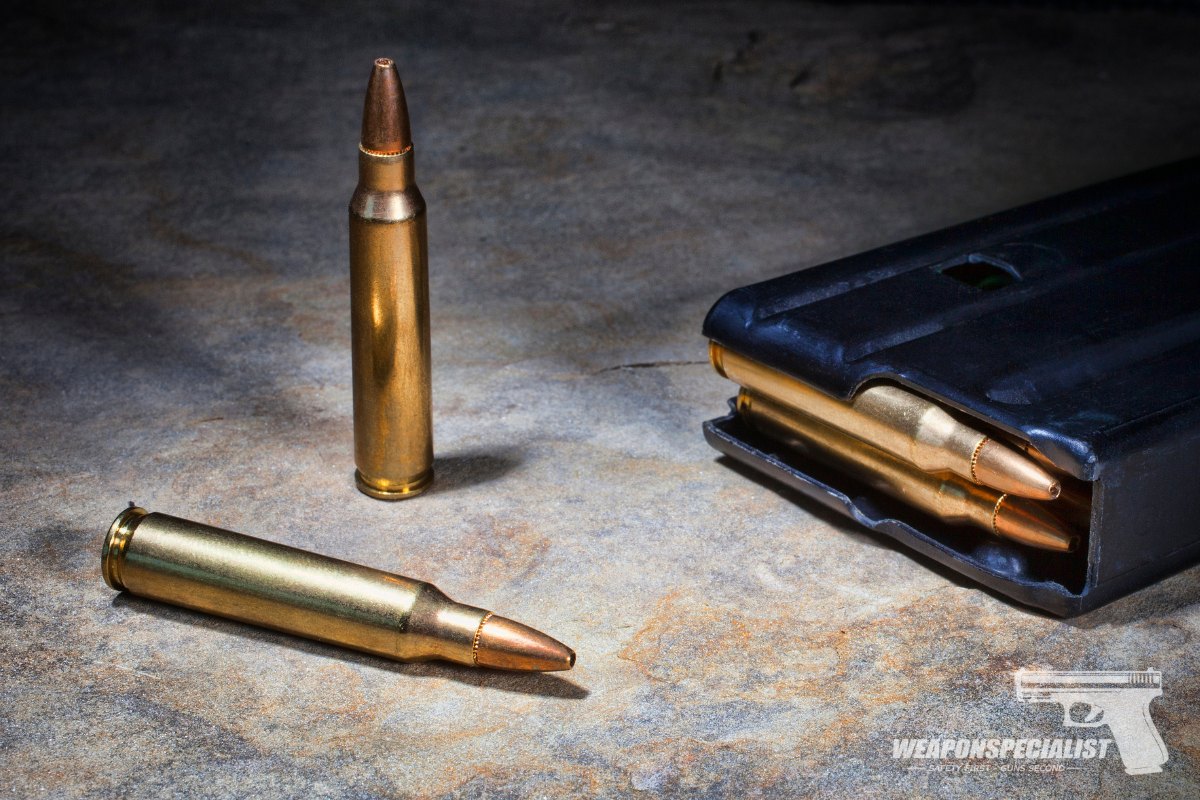
#1 Exceptional Durability
Brass casings are renowned for their durability. They can withstand multiple reloads without significant wear and tear, making them an excellent choice for handloaders. This durability also means that brass casings are less likely to malfunction during the firing cycle.
#2 Reliability in Semi-Automatic Firearms
If you favor semi-automatic pistols or rifles, brass ammo is your go-to option. Brass casings tend to be more reliable in semi-autos, as they are less likely to expand and stick in the chamber compared to aluminum casings.
#3 Precision and Consistency
Precision shooters and competitive marksmen often prefer brass ammo for its consistent performance. The uniformity of brass casings can lead to tighter groupings and more predictable results downrange.
#4 Weight and Cost Considerations
The primary drawback of brass ammo is its weight and cost. Brass casings are heavier than aluminum ones, which can be a concern for those who need to carry a significant quantity of ammunition. Additionally, brass ammo is generally pricier than aluminum ammo.
Is It Better To Shoot Brass Or Aluminum?
The choice between brass and aluminum ammunition depends on individual preferences and priorities. Aluminum ammo is cheaper and lighter than brass, making it attractive for those who want to save money or reduce weight.
However, brass can withstand higher pressures and is more reliable for hunting or self-defense use. Some shooters prefer brass for its reloading potential and reliability, while others prefer aluminum for its affordability and lighter weight. Ultimately, the choice between brass and aluminum ammo comes down to personal preference and priorities.
Quick Aluminum vs Brass Casings Comparison
| Property | Aluminum Casings | Brass Casings |
|---|---|---|
| Material Composition | Aluminum alloy | Copper alloy |
| Weight | Lighter | Heavier |
| Corrosion Resistance | High | High |
| Conductivity | Good thermal & electrical conductivity | Excellent electrical conductivity |
| Cost | Generally cheaper | Generally more expensive |
| Machinability | Good | Excellent |
| Strength | Lower | Higher |
| Color | Silver or gray | Yellowish gold |
| Recycling | Highly recyclable | Recyclable |
| Appearance | Typically less shiny | Typically shiny |
Detailed Comparison Of Aluminum And Brass Ammo
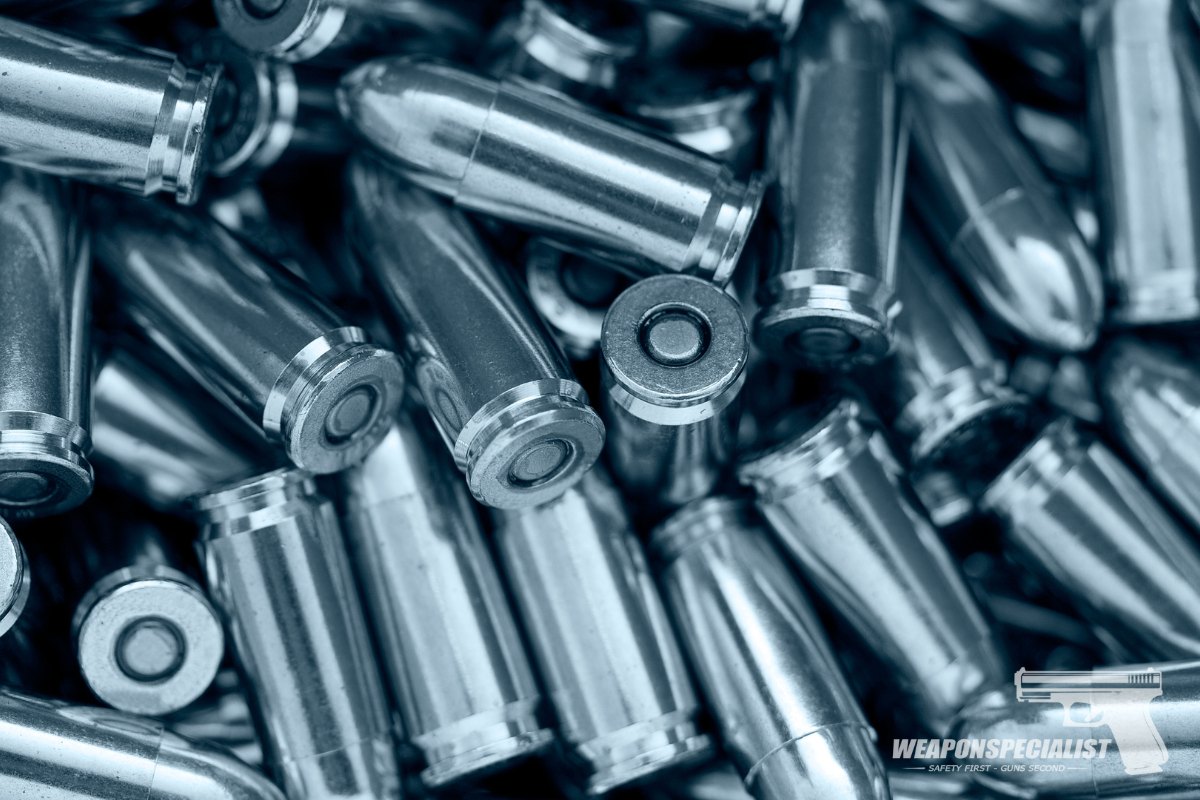
Aluminum and brass are two common materials used in the manufacturing of ammunition cases (casings) for firearms. These casings serve to hold the bullet, gunpowder, and primer in place, and they play a critical role in the function and reliability of firearms. Here’s a detailed comparison between aluminum vs brass ammo casings:
Material
Aluminum Ammo Casings:
- Aluminum casings are lighter in weight compared to brass casings. This can make a noticeable difference in the overall weight of ammunition, especially when carrying a large quantity.
- They are generally less expensive to produce than brass casings.
- Aluminum casings can be easily recycled, which can be more environmentally friendly.
Brass Ammo Casings:
- Brass casings are typically heavier than aluminum casings due to the density of brass. This added weight can sometimes affect the handling and carrying of ammunition.
- Brass casings are more expensive to manufacture compared to aluminum casings.
- Brass is also recyclable but requires more energy and resources in the recycling process compared to aluminum.
Durability and Strength
Aluminum Ammo Casings:
- Aluminum casings are generally less durable than brass casings. They can be more prone to dents, dings, and deformation when fired, which can affect their ability to be reused.
- They are more susceptible to heat-related wear and tear, especially in high-heat situations or rapid-fire scenarios.
Brass Ammo Casings:
- Brass casings are known for their durability and strength. They are less likely to deform or become damaged during firing, making them more suitable for multiple reloads.
- Brass has better heat resistance, making it a preferred choice for high-powered or high-temperature cartridges.
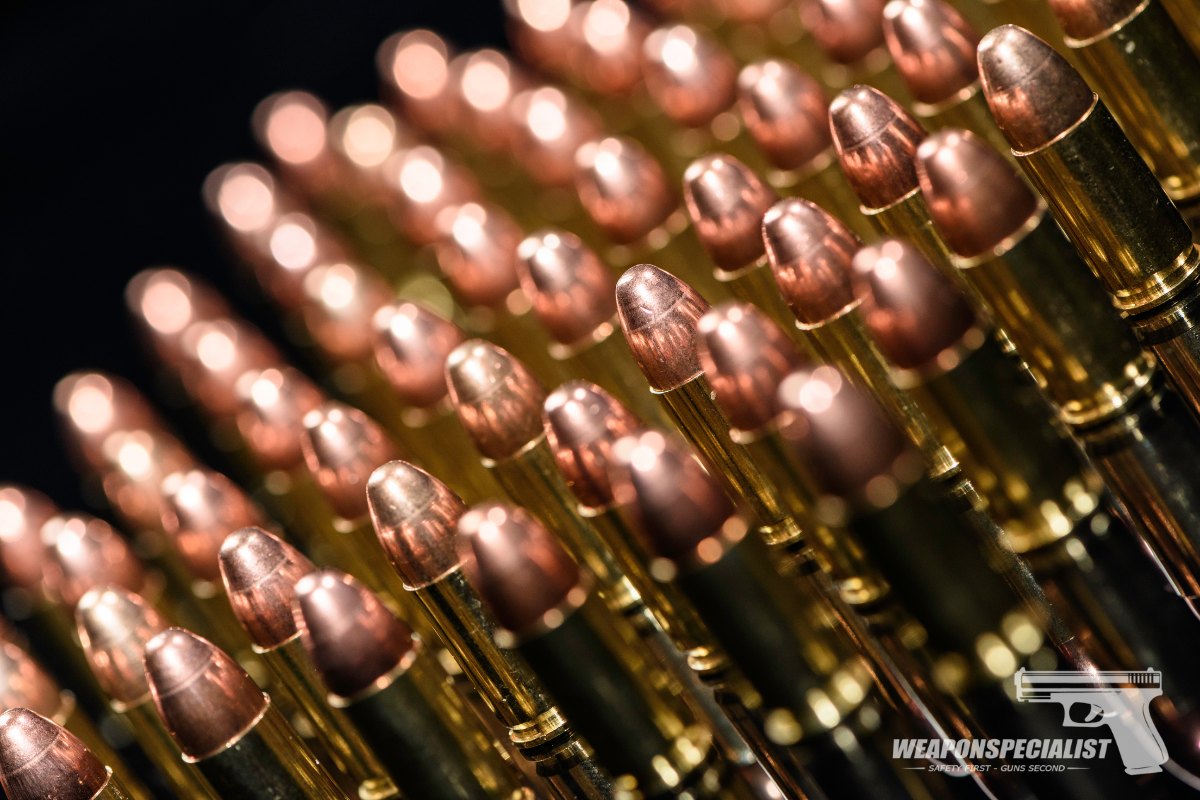
Reloadability
Aluminum Ammo Casings:
- While aluminum casings can be reloaded, they are generally not as suitable for multiple reloads as brass casings.
- The softer nature of aluminum makes it more susceptible to resizing issues and potential case head separations over time.
Brass Ammo Casings:
- Brass casings are highly reloadable and can withstand multiple reloading cycles when properly maintained.
- Reloaders often prefer brass casings due to their ability to maintain consistent dimensions and performance after multiple firings.
Corrosion Resistance
Aluminum Ammo Casings:
- Aluminum is less prone to corrosion than brass, which can be an advantage in humid or wet environments.
Brass Ammo Casings:
- Brass can corrode over time, especially if not properly stored or maintained. However, this is less of an issue if the casings are stored in a dry environment.
In summary, the choice between aluminum and brass ammo casings depends on various factors, including your specific needs, budget, and preferences. Aluminum casings are lighter and less expensive but tend to be less durable and less suitable for multiple reloads.
Brass casings are heavier, more durable, and highly reloadable, but they are generally more expensive. Consider your shooting habits and requirements when selecting ammunition, as both materials have their advantages and disadvantages.
FAQs
Now, let’s address some of the most frequently asked questions about aluminum and brass ammo.
#1 Is aluminum ammo safe to use?
Yes, aluminum ammo is safe to use, provided it is manufactured to industry standards and used in firearms that are compatible with it.
#2 Can I reload aluminum casings?
While it’s possible to reload aluminum casings, they are less durable and may not hold up as well as brass casings through multiple reload cycles.
#3 Are there any restrictions on using aluminum or brass ammo at shooting ranges?
Most shooting ranges allow both aluminum and brass ammo. However, some indoor ranges may have specific rules due to the differences in cleanup and recycling.
#4 Does aluminum ammo affect firearm performance?
Aluminum ammo may perform differently in certain firearms due to its lightweight nature. Some semi-automatic pistols may experience a higher rate of malfunctions with aluminum casings.
#5 Which is more environmentally friendly: aluminum or brass ammo?
Aluminum is more environmentally friendly as it is highly recyclable. Using aluminum ammo contributes to reducing the environmental impact of ammunition production.
Conclusion
In the epic battle of aluminum vs. brass ammo, there is no clear winner. Each type has its own set of advantages and disadvantages, making them suitable for different shooting scenarios and preferences. Whether you prioritize affordability, durability, or precision, your choice should align with your specific needs and firearm.
So, the next time you’re at the range or gearing up for a hunt, remember the nuances of aluminum and brass ammo. Your decision will not only affect your shooting experience but also your wallet and the environment. Choose wisely and enjoy your time on the firing line!
Last Updated on November 13, 2023 by

